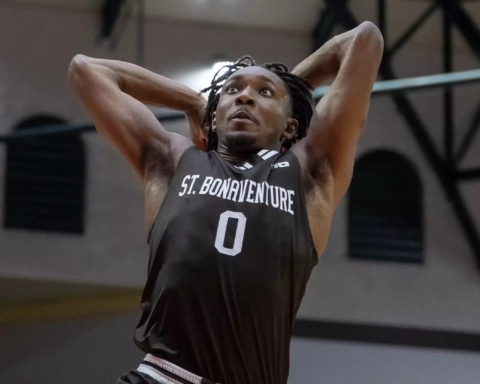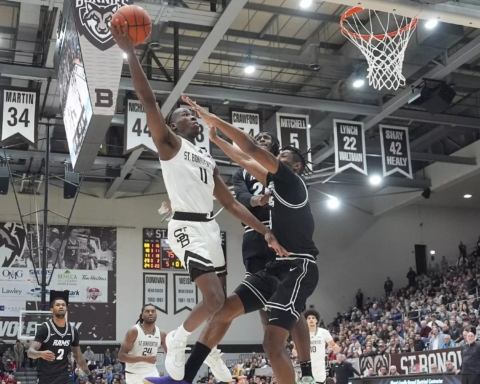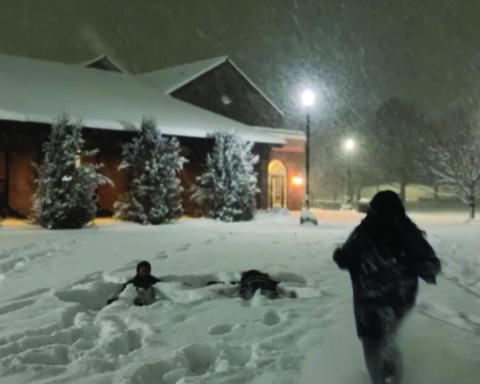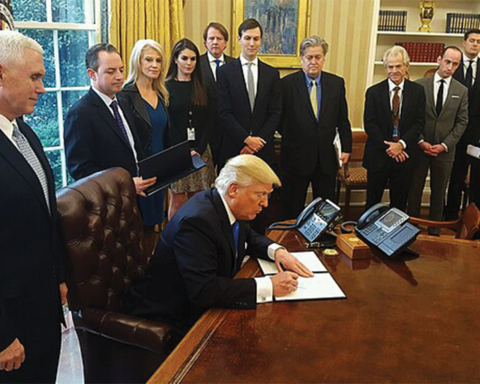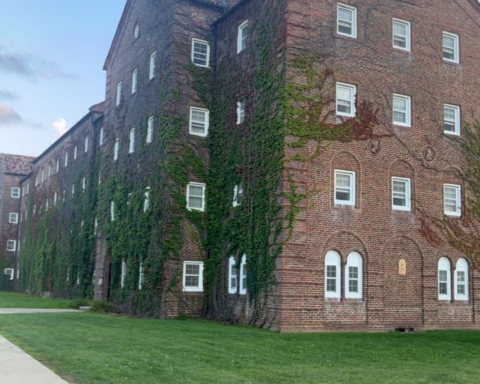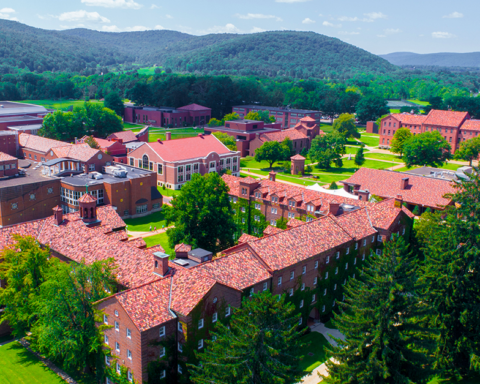By Nate West
News Editor
Sister Margaret Carney, O.S.F., university president, recently served as a panelist at the 2013 Catholic Higher Education Symposium.
According to Sister Margaret, she and the rest of the panelists came together outside of Boston to read and discuss expert papers scholars of Catholic theology and higher education wrote.
“We spent the two days talking with the author about what we agreed with, how we would strengthen the paper and what were our experiences with it as Catholic university presidents,” she said. “Those authors will then go back and then make edits to their papers based on conversations with us, and then they’ll be published as a book.”
Sister Margaret said she believes the printed book could be of great value to presidents and board members at other Catholic institutions.
Over the three-day trip, from Oct. 23 – 25, the focus was largely centered on the reason and purpose for having Catholic colleges and how to preserve them and their purpose during difficult times.
“We always stand up and say, ‘we’re a Catholic university in the Catholic-Franciscan tradition,’” Sister Margaret said. “And we’re sitting and talking about what that means in terms of way we teach, in terms of faculty orientation and character formation for our students. You get up and go to work every day, but you don’t always step back and ask, ‘why am I doing this?’”
Sister Margaret said she was chosen as a panelist because she also serves as the chair of the National Association of Catholic Colleges, a position she’s had for the last two years. She also said she believes another reason for her selection is because St. Bonaventure is a Franciscan University, a subset the organization would like to have represented at the symposium.
Georgetown, Dayton, Providence, Marywood, Scranton, Villanova, Holy Cross, Catholic University and Loyola University Chicago were also represented at the symposium.
Sister Margaret said she took a lot away from the symposium, but one thing in particular is the rewarding feeling of being free to represent a long and storied religious tradition.
“This tradition, intellectually, raises questions about the meaning of life that won’t be raised in other places,” she said. “You in the end have to choose what the answers to those questions will be, but we at least want you to know that’s a question to guide your life.”


